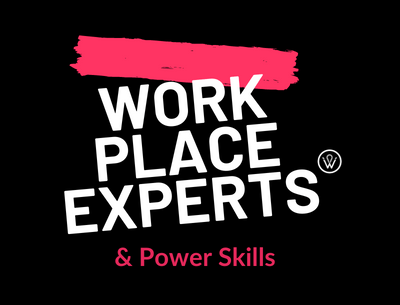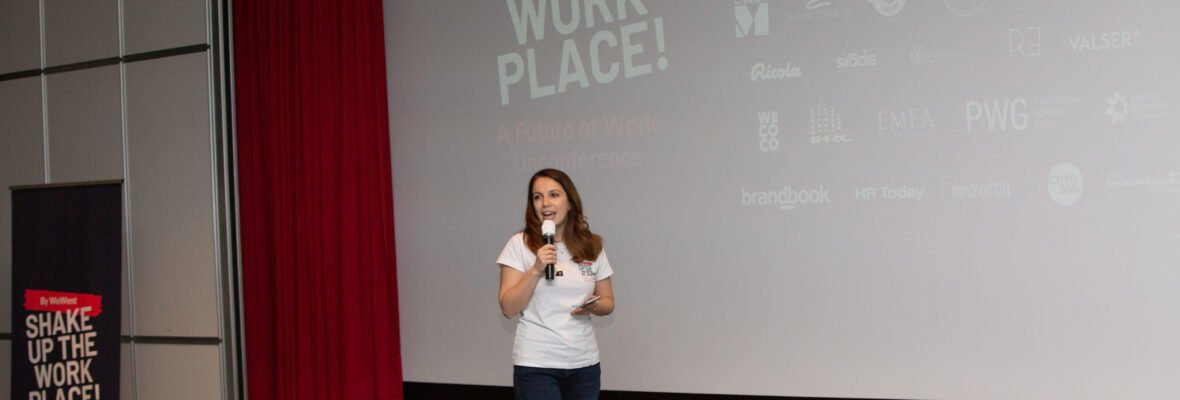

Welcome to the era of DeepTech!
The business and corporate worlds have been buzzing thanks to the multiple technological advances that occurred these last few years. Blockchain, Artificial Intelligence, Augmented Reality… You may have read or felt the buzz in the media or in many conferences covering digitalization and its impacts.
The question remaining is: how will these technologies affect Human Resources as we know it? It would be fair to say that HR has the most human-centred function of all departments in a company. Its scope covers all aspect of a company from hiring, evaluation, or even, training.
The number one resistance factor in adopting technology remains that it potentially has the undesired ability to replace human-operated jobs. People are fearful that machines are naturally more efficient than humans. Or, in regards to AI, skeptical of whether machines can integrate a subjective cognitive layer in its decision-making process.
Before daydreaming about a World operated by robots and artificial intelligence, I wanted to reflect on how technology can be applicable today in a Human Ressource strategy. And the way some technologies could improve certain practices for the better.
Artificial Intelligence in HR
A major shift in the software industry as a whole is the move towards artificial intelligence (AI) — and the future of HR software is no exception. A 2018 LinkedIn survey revealed how AI is poised to influence recruiting. Seventy-six percent of hiring managers and recruiters believe the impact will be at least “somewhat significant.” The biggest advantage of AI is streamlining the screening of applicant materials. Instead of relying on an HR professional to pour over thousands of resumes and cover letters, every year businesses can use AI-powered software to fulfill the task efficiently.
An added benefit in the realm of HR software is the analytical evaluation of candidates, free of human bias or error. With the assistance of AI, HR departments would improve the analysis of employees from their application process to continuing performance evaluation.
Technology in performance management and real-time feedback
A digital HR management platform allows businesses to abandon the traditional performance review cycle. These platforms render useless the need to schedule time-consuming meetings and limit performance evaluations to a monthly or yearly basis. Employees can receive consistent feedback in real-time.
Beyond the logistical benefits, real-time feedbacks enable managers to have meaningful and forward-looking conversations. Focusing on overall development with their employees. As a result, improving engagement and productivity.
Virtual and Augmented Reality in HR
The term “virtual reality” is very familiar these days. And the biggest headlines tend to be associated with gaming. While it’s easy to assume that human resources and gaming are worlds apart, augmented reality, in any capacity, is focused on building new worlds. When it comes to HR tech trends, this can be extended to training scenarios.
It would be much more affordable (and, in some cases, safer) if corporate training could be provided within virtual environments. In fact, the implications are significant, as the expectation is that real-world tasks will be combined with virtual instruction. This would allow employees to view learning prompts as they engage in hands-on activities.
It’s about a long-term approach
In conclusion, in order to successfully integrate technology within an organization, top management must first incorporate digitalization in its long-term vision and onboard employees in the process. And while resistance to change is inevitable with a proper change management approach the transition will seem seamless for the better.
Reginald Bien-Aime is the man behind our awesome events: PowerPoint Karaoke and F*ck Up Nights and our Team Engagement Expert.




